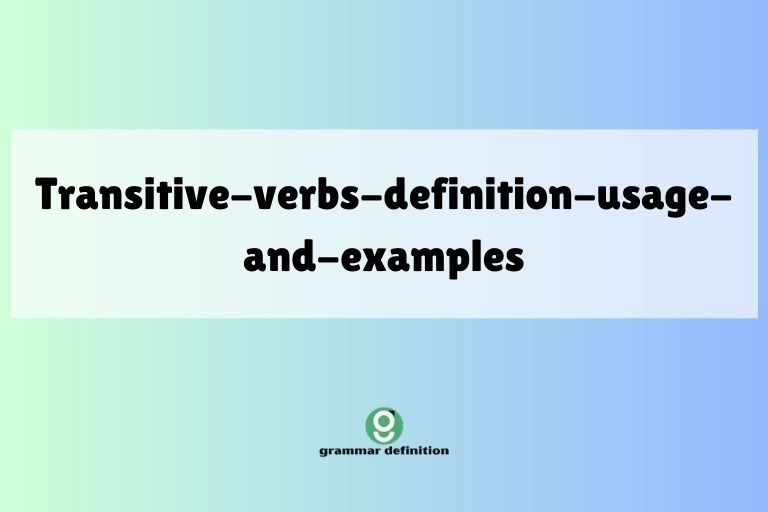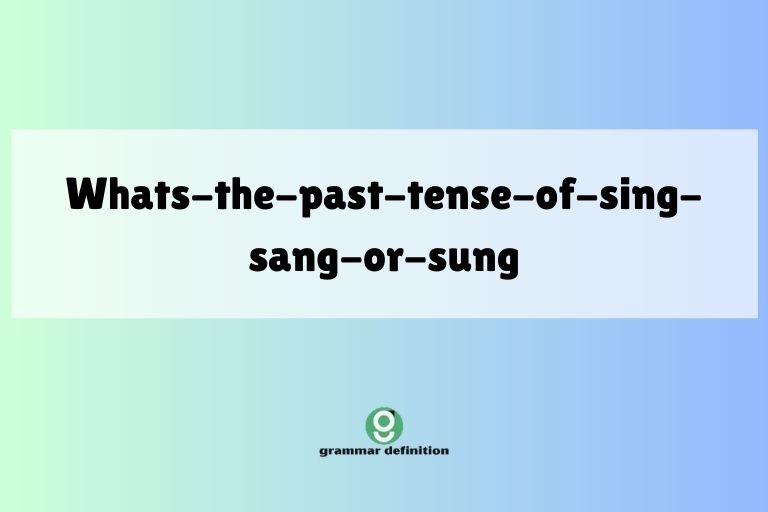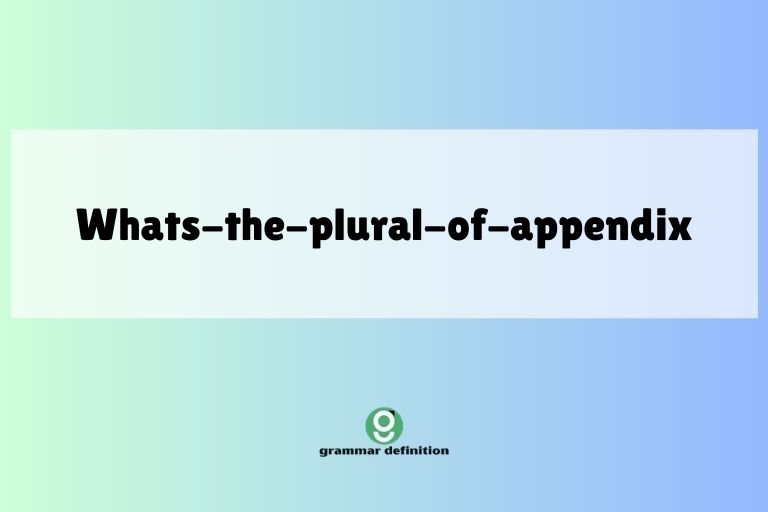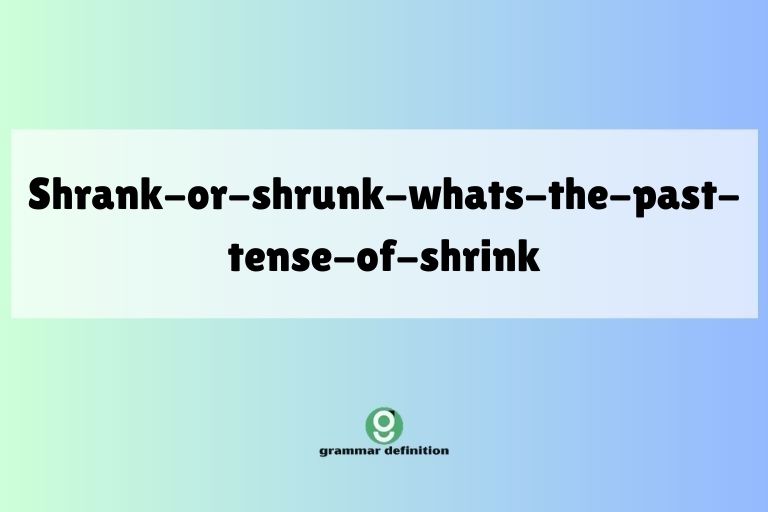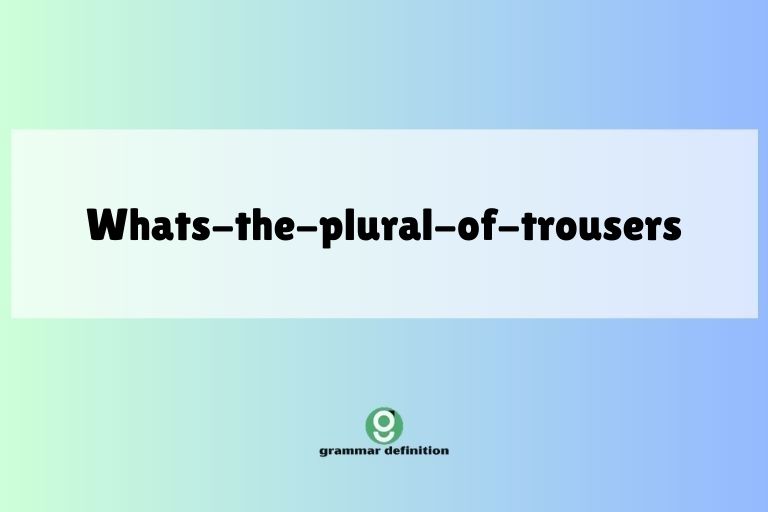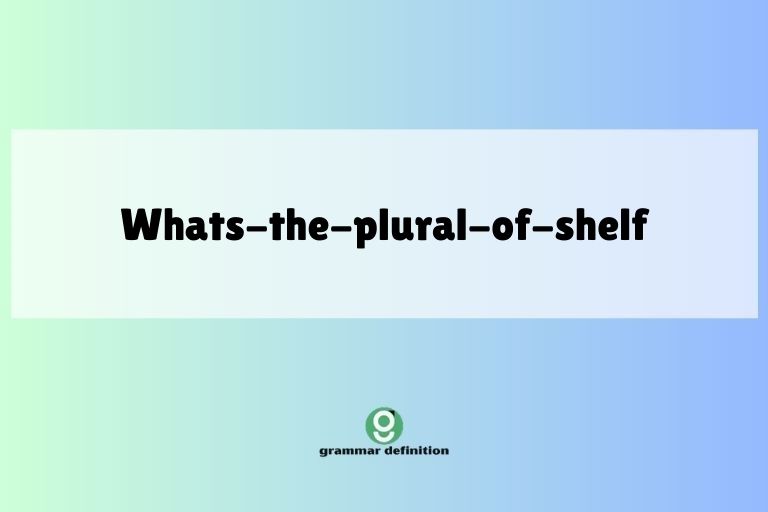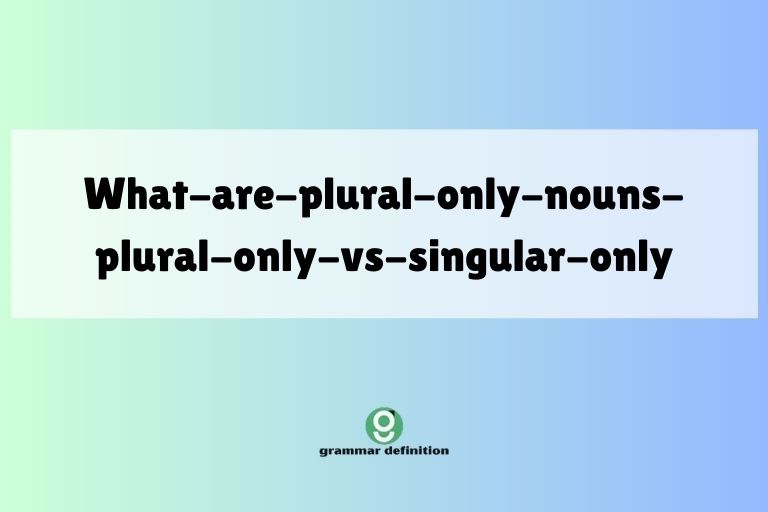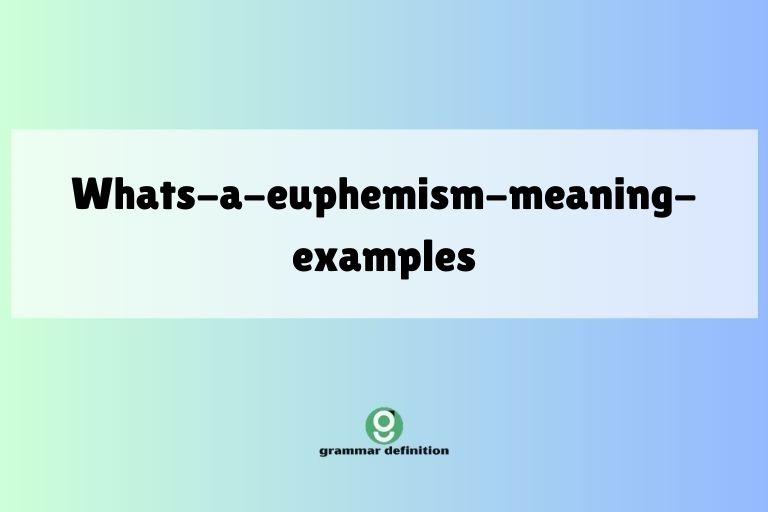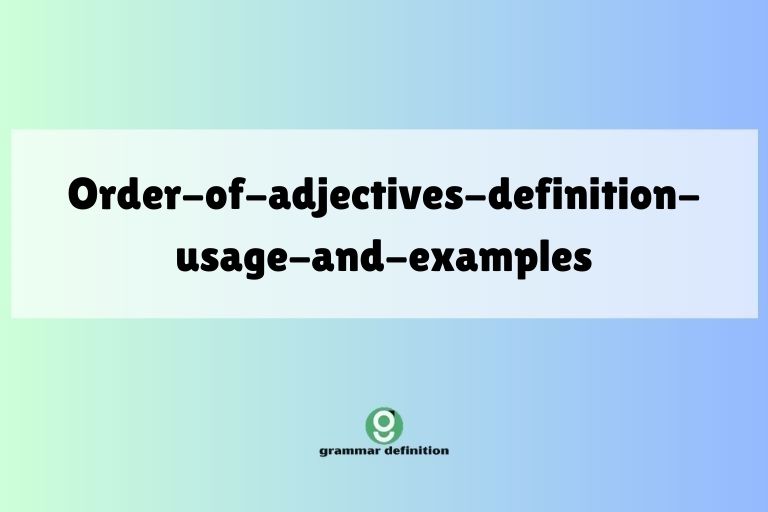Transitive Verbs: Definition, Usage, and Examples
Understanding transitive verbs is crucial for mastering English grammar. These verbs form the backbone of many sentences, connecting actions to their recipients. This article provides a comprehensive guide to transitive verbs, covering their definition, structure, usage rules, common mistakes, and advanced topics. Whether you’re a beginner or an advanced learner, this resource will help you … Read more

